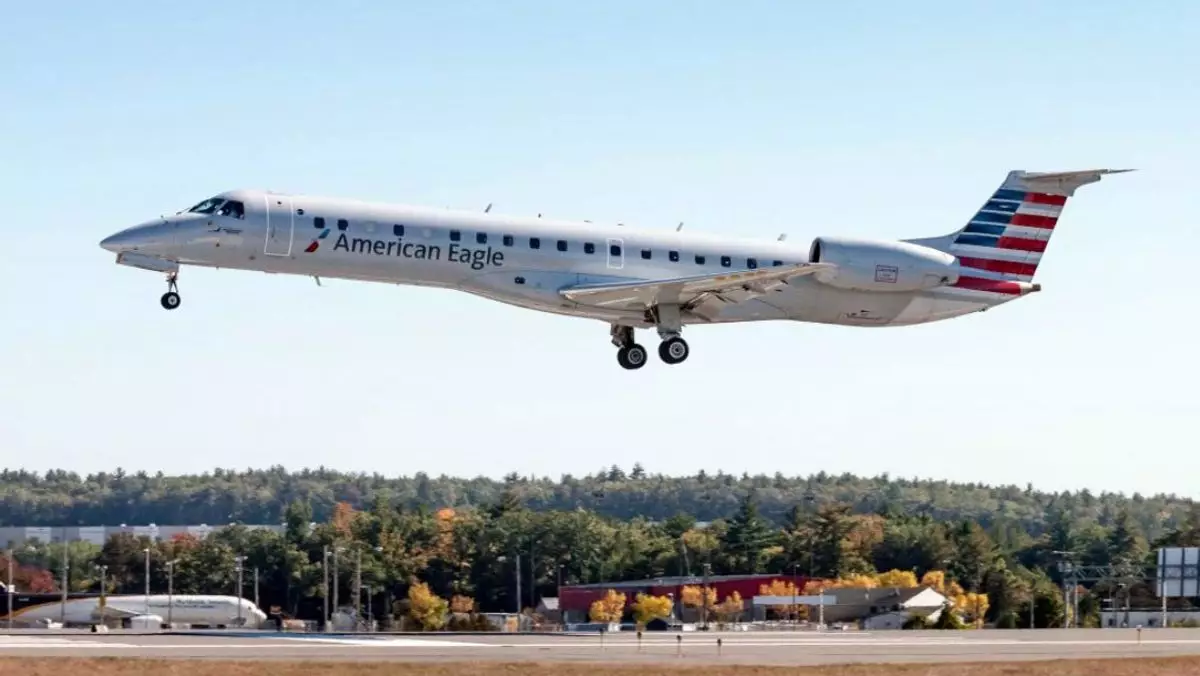Piedmont Airlines, a regional subsidiary of American Airlines, has recently made the decision to bring aircraft out of storage for the first time since the onset of the pandemic. The airline, which operates American Eagle-branded flights throughout the eastern half of the U.S., plans to retrieve two 50-seat Embraer E145s per month from their parking location in the southern Arizona desert over the course of February. This move marks a significant step in the airline’s journey towards recovery in the post-pandemic era.
Impact of Pilot Shortage on Regional Airlines
The decision by Piedmont Airlines to reactivate stored aircraft comes as a response to the easing of the pilot shortage that had plagued the aviation industry during the height of the pandemic. Other regional carriers, such as Mesa Airlines, which operates United Express flights, have also felt the effects of the changing landscape in the industry. Mesa Airlines recently announced job cuts, including the furlough of 12 pilots and a pause in training for 41 incoming pilots. These adjustments highlight the complex challenges faced by regional airlines in navigating the post-pandemic recovery process.
American Airlines’ Strategy for Regional Flying
American Airlines has been strategically focused on restoring more regional flying as part of its broader recovery plan. The airline believes that regional flights offer a competitive advantage, particularly in comparison to rivals Delta and United. The reactivation of 50-seat planes by Piedmont Airlines is a positive indicator for American Airlines, as it demonstrates a commitment to strengthening its regional network. While 70- and 76-seat regional jets may be more financially lucrative, the decision to prioritize the reactivation of 50-seat planes reflects American Airlines’ strategic vision for the future.
The reemergence of Piedmont Airlines and its decision to bring aircraft out of storage symbolize a pivotal moment in the recovery of the aviation industry. As airlines navigate the complexities of a post-pandemic world, strategic decisions around regional flying and pilot shortages will continue to shape the future of the industry. Piedmont Airlines’ actions not only signal a return to normalcy but also showcase the resilience and adaptability of airlines in the face of unprecedented challenges.

